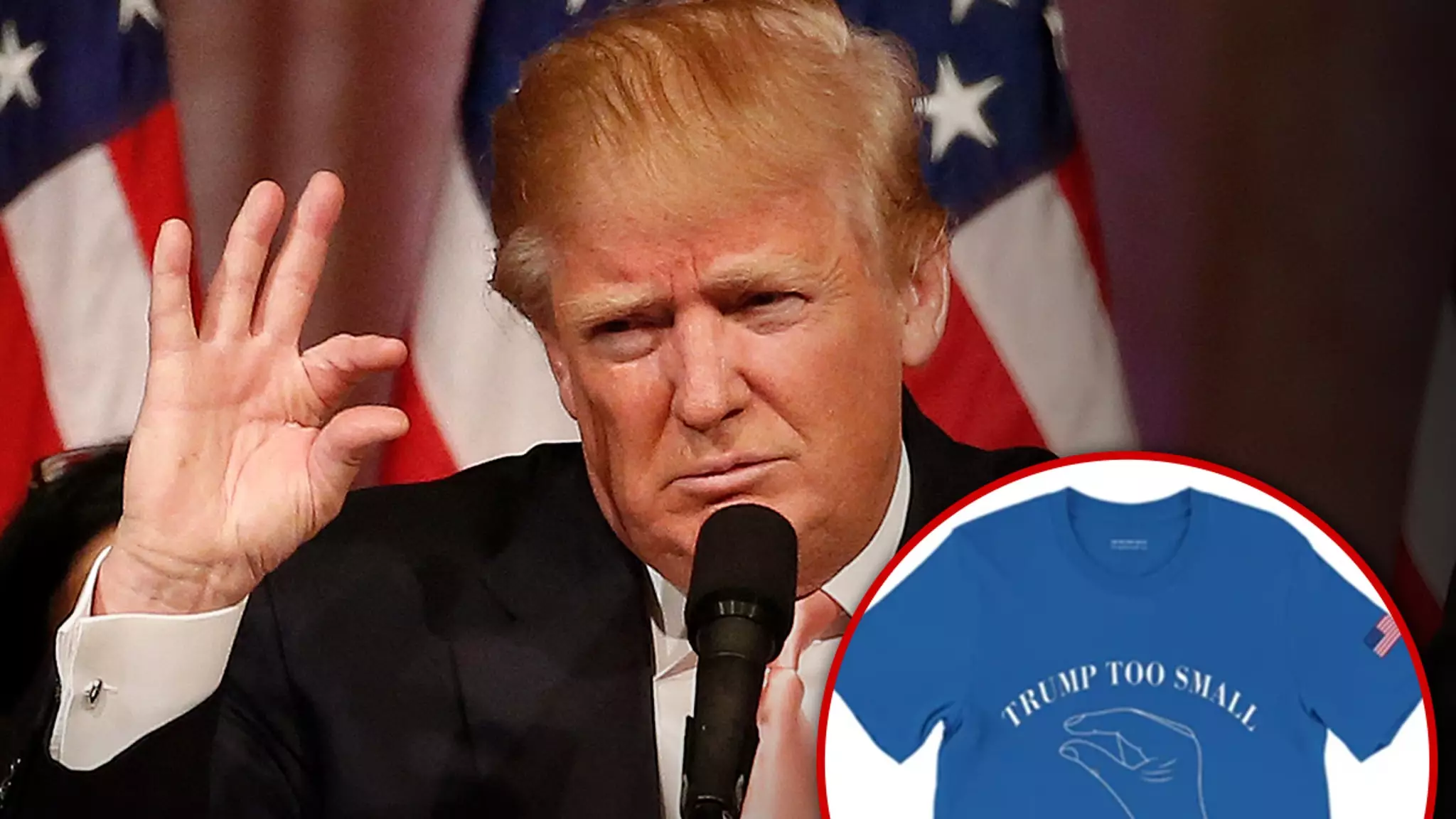In a recent legal battle, the Supreme Court unanimously rejected Steve Elster’s bid to trademark the phrase “Trump Too Small.” Elster, a lawyer in California, had been using the phrase on t-shirts that he was selling for $25 each. Despite his efforts to trademark the phrase, the U.S. Patent and Trademark Office denied his application, leading him to appeal all the way to the SCOTUS.
First Amendment Rights
Elster claimed that his First Amendment rights had been violated, arguing that he should be able to trademark the phrase. However, the Justices ruled that he did not have his First Amendment rights violated. This decision was based on the fact that trademarks have historically been rejected when they include the names of living persons without their consent.
The phrase “Trump Too Small” originated from a dispute between Donald Trump and Marco Rubio during the 2016 presidential campaign. Trump had referred to Rubio as “little Marco,” prompting Rubio to make a suggestive comment about Trump’s hands. This led to a memorable exchange during a debate, where Trump defended the size of his hands and what it implied.
While Elster did not succeed in securing a trademark for “Trump Too Small,” he is still allowed to continue selling his shirts online. This means that he can still profit from the phrase, even though he cannot legally claim exclusive rights to it. The ruling highlights the complexities of trademark law and the limitations imposed on using the names of public figures.
Final Thoughts
This case serves as a reminder of the challenges individuals face when trying to trademark phrases related to public figures. While Elster may have lost the legal battle, he can still capitalize on the popularity of the phrase “Trump Too Small.” The Supreme Court’s decision sets a precedent for future cases involving similar disputes over the use of names and slogans in commercial ventures.


Leave a Reply